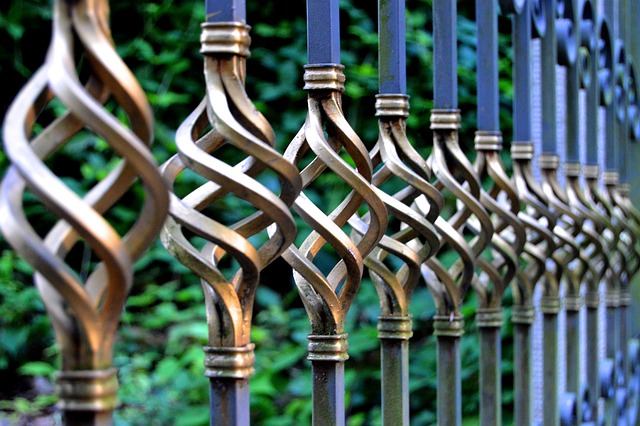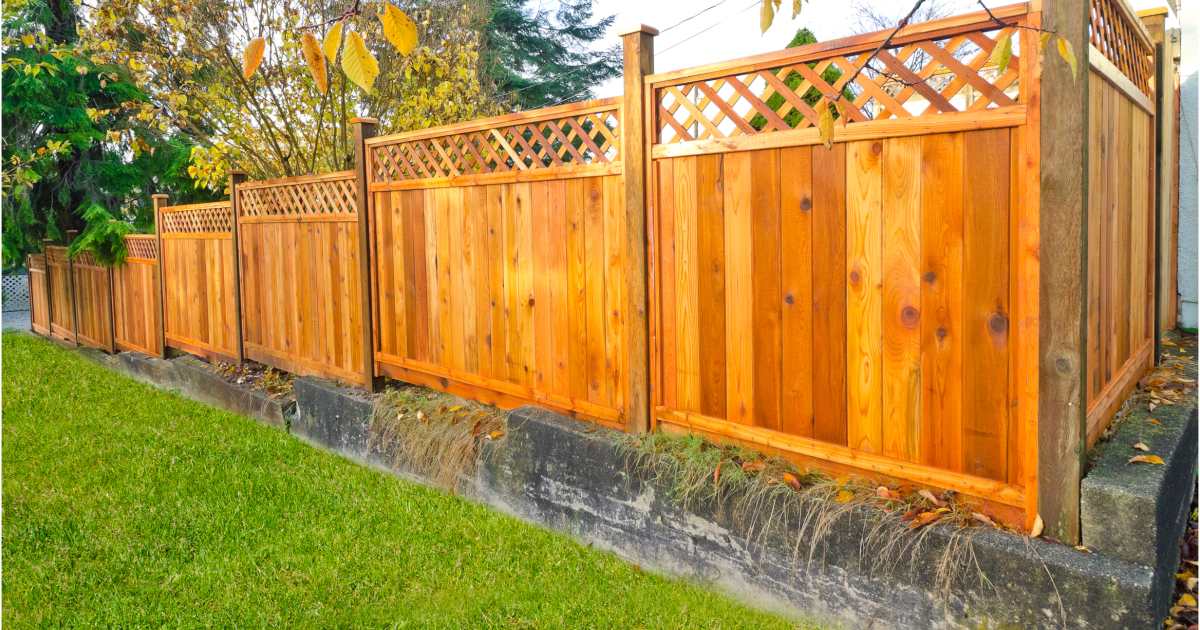All Categories
Featured

When setting up a fence, picking the appropriate product is vital to stabilizing functionality, looks, and spending plan. Timber, vinyl, and light weight aluminum are amongst one of the most frequently picked fence materials, each with its drawbacks and staminas. This guide explores the benefits and drawbacks of these choices to help you make an educated decision.

Wood Secure Fencing. Pros:. All-natural Charm: Wood's ageless appeal can improve any building with its warm and traditional look. Customizable: You can paint, discolor, or sculpt timber to fit your style choices. Economical: Wood fencing is initially a lot more economical contrasted to a few other materials. Ecologically Friendly: As a renewable source, timber is eco-friendly and usually taken into consideration environment-friendly. Disadvantages:. Maintenance-Intensive: Normal sealing, paint, or discoloration is required to avoid damages from weather and pests. Prone to Degeneration: Without appropriate care, wood can rot, warp, or fracture gradually. Much shorter Life expectancy: Usually, wood fences last 10-15 years, depending upon the sort of timber and maintenance. Wood is a fantastic option for those that value aesthetic appeals and agree to spend in normal maintenance to protect its appearance and durability.
Plastic Secure Fencing. Pros:. Reduced Maintenance: Plastic requires minimal care-- simply periodic cleaning with soap and water. Weather condition Resistant: It does not warp, rot, or catch insect damage, making it very resilient in different environments. Long life: Vinyl fences can last 20-30 years with little to no fixings. Style Variety: Available in a broad range of colors, styles, and appearances, consisting of wood-like appearances. Cons:. Greater Preliminary Price: Vinyl fencings are extra costly ahead of time compared to wood. Vulnerability to Cold: In very winter, plastic can come to be prone and weak to splitting. Restricted Repair Service Options: Matching substitute panels can be challenging if damages takes place. Plastic secure fencing is ideal for house owners looking for a long-lasting, low-maintenance service that offers contemporary adaptability.

Light Weight Aluminum Fencing. Pros:. Rust-Proof: Light weight aluminum resists deterioration, making it an excellent selection for damp or damp atmospheres. Long lasting: Despite being lightweight, aluminum is solid and can withstand extreme climate conditions. Reduced Upkeep: It requires marginal upkeep, commonly only periodic cleansing. Long Life expectancy: Light weight aluminum fences can last years without significant wear and tear. Sophisticated Design: Frequently utilized for decorative purposes, light weight aluminum secure fencing includes a streamlined, innovative seek to properties. Disadvantages:. High Preliminary Investment: Aluminum fencings are amongst the more expensive choices on the market. Much less Privacy: The open styles common with aluminum secure fencing don't offer much privacy. Susceptible to Damage: While long lasting, aluminum can damage if hit with enough force. Aluminum is an exceptional option for home owners prioritizing looks and resilience without calling for much upkeep.
Making Your Decision. When determining between plastic, aluminum, or timber fencing, consider your priorities:
Wood suits those who value a natural look and do not mind placing in maintenance initiative. Plastic is the very best alternative for those looking for a low-maintenance, weather-resistant service. Light weight aluminum offers sleek style and resilient sturdiness however may lack privacy. By very carefully evaluating these materials' functions, you can select a fence that complements your residential property while satisfying your useful and visual requirements.
Latest Posts
Streamline Your Lease Return at Ron Marhofer Hyundai
Published Apr 19, 25
1 min read
Event Places at FunCity Resort: Perfect Spaces for every single Event
Published Apr 19, 25
1 min read
Quick Bites and Dessert Treats at Fuel Allie's.
Published Apr 19, 25
1 min read